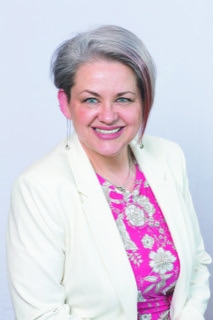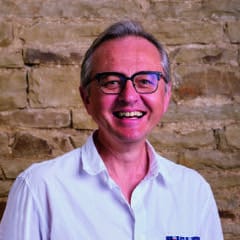

In the words of Dr Seuss, you can’t keep serving up green eggs and ham, especially when it comes to medical affairs. You can try to disguise it as many different ways as possible, but if someone doesn’t like green eggs and ham, they never will. So, what does that mean for the medical science liaison (MSL) and healthcare practitioners (HCPs)?
“Put simply, it’s time for change,” explained Carol Heggie of Takeda. “As pharma organisations, we need to look at things differently and serve up scientific data in a way that HCPs find most relevant, which means field medical has an even more important role to fulfil in its mission to deliver value to HCPs and, ultimately, their patients.
“While some believe the world will return to normal post-COVID-19, pharma faces a new dawn where HCPs face even more time pressures and search for new ways to keep up to date with the latest science while delivering the best patient care, continuing their own personal development and managing workloads. If field teams continue to serve up their science and data in the same way they have always done, we will ultimately damage these peer relationships and slow down the dissemination of science.”
David Williams of VISFO added: “What we face is a tyranny of time. When you consider the speed of science and the rate at which it develops, and compare that to the increasing pressures our healthcare systems face, it’s clear to see the tectonic plates of pharma need to shift so we can get the right treatment, to the right patient, at the right time. Science needs to be personalised. By basing field medical interactions around the needs of that individual HCP, we can increase engagement, reduce time and deliver more impact. But to do that MSLs must embrace change and challenge the status quo.”
Heggie continued: “Time is the biggest barrier to effective HCP engagement. Pre-pandemic, the average interaction between an MSL and HCP was 36 to 45 minutes in the US. That’s up to 10% of their day. Now scale that across multiple MSLs all looking to present their latest data and it’s clear to see how precious time becomes.
“But if our field teams are nimble, fast, highly efficient and embrace personalised communication, we can reduce that time and still effectively deliver a narrative that reflects the latest science and delivers value to patients.”
So what does the future face of the MSL look like?
Heggie explained: “They will be able to adapt to any situation. They’ll be curious and will want to fully understand the environment in which the HCP operates before presenting the science. They’ll need to be confident both face to face and virtually, [which are] two very different skill sets. And they will also need to be nimble, responding to the needs of that HCP. Every interaction will be different and it’s on the shoulders of pharma companies to train and develop their MSLs to craft a narrative in any given situation.”
The devil is in the detail
The first step is to be curious. Look at the interaction from all angles. How can this meeting be delivered? What do you need to know before entering this conversation? Can this be done virtually to save time?
Do the work. Analyse the environment. Build a picture of your HCPs’ needs and wants using the company-wide systems and insights available. These systems and processes shouldn’t be static, they need to be adaptive and pull in insights across channels from scientific journals and social media through to field interactions and HCP feedback.
Create a narrative to suit that individual. Focus on personalised scientific interactions that present the data in a way to suit the HCP – from the picture we can build through our systems, what do HCPs want to know and how can we deliver the science to them in a format that best suits their needs?
Williams concluded: “Deliver all of this and we deliver value to the patient, keeping the HCP at the cutting edge of science. Less time gaining that knowledge creates an enhanced patient experience and provides more time to focus on patient care. It’s time to think differently.”
Carol Heggie is Vice President of Field Medical at Takeda and David Williams is Chief Medical Officer at VISFO





